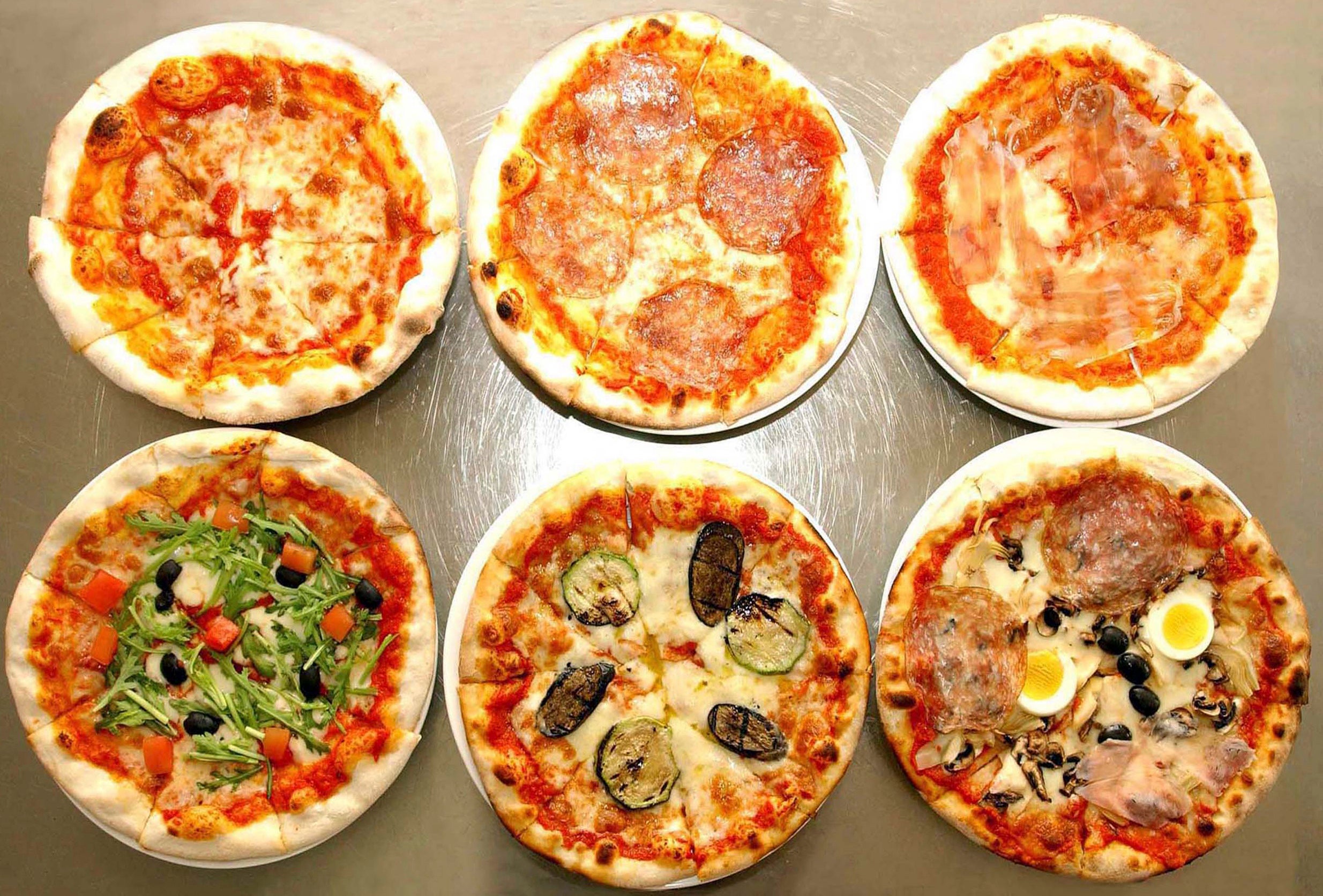Nestlé wants a Star Trek style 'replicator' that scans you to create nutritionally perfect food
Nestle imagines the machine could eventually produce powdered nutrients similar to its Nespresso capsules

It looks like 3D printers are going to give us the best chance to ‘dial up’ a meal science fiction style -but food giant Nestlé has gone one better and said they’re also working on a machine that can figure out the nutrients our body needs as well.
Bloomberg reports that the project (which has been inexplicably code-named ‘Iron Man’) would analyse an individuals’ dietary deficiencies, studying a range of factors from carbohydrates to cholesterol to produce highly personalized meals.
“Iron Man is an analysis of what’s missing in our diets, and a product, tailored to you, to help make up that difference,” Ed Beagle, the director of Nestlé’s Institute of Health Sciences research arm, told Bloomberg. “In the past, food was just food. We’re going in a new direction.”
Nestlé has even compared the machine to the ‘replicator’ that synthesizes meals in the Star Trek universe, creating food that has just the right levels of magnesium or vitamin D to suit the individual. The machine might eventually produce food that arrives as a powder capsule similar to Nestlé’s Nespresso coffee machines.
The company admitted that this level of nutritional personalisation is at least a decade away from commercialisation (and probably much longer than that) as creating ‘nutrient profiles’ that map individuals’ deficiencies and excesses currently cost well over $1000.
Leaving aside the technology that would need to be improved to physically create the meals, performing multiple surveys of an individual to adjust and respond to their changing body would be incredibly costly.
However the potential benefits of such technology could also be huge, with scientist working in the field of nutrigenomics (the study of how our diet can affect our genes) already uncovering links between the food we eat and the development of various diseases. In the future our food might be more than fuel – it could be medicine as well.
Join our commenting forum
Join thought-provoking conversations, follow other Independent readers and see their replies
Comments
Bookmark popover
Removed from bookmarks